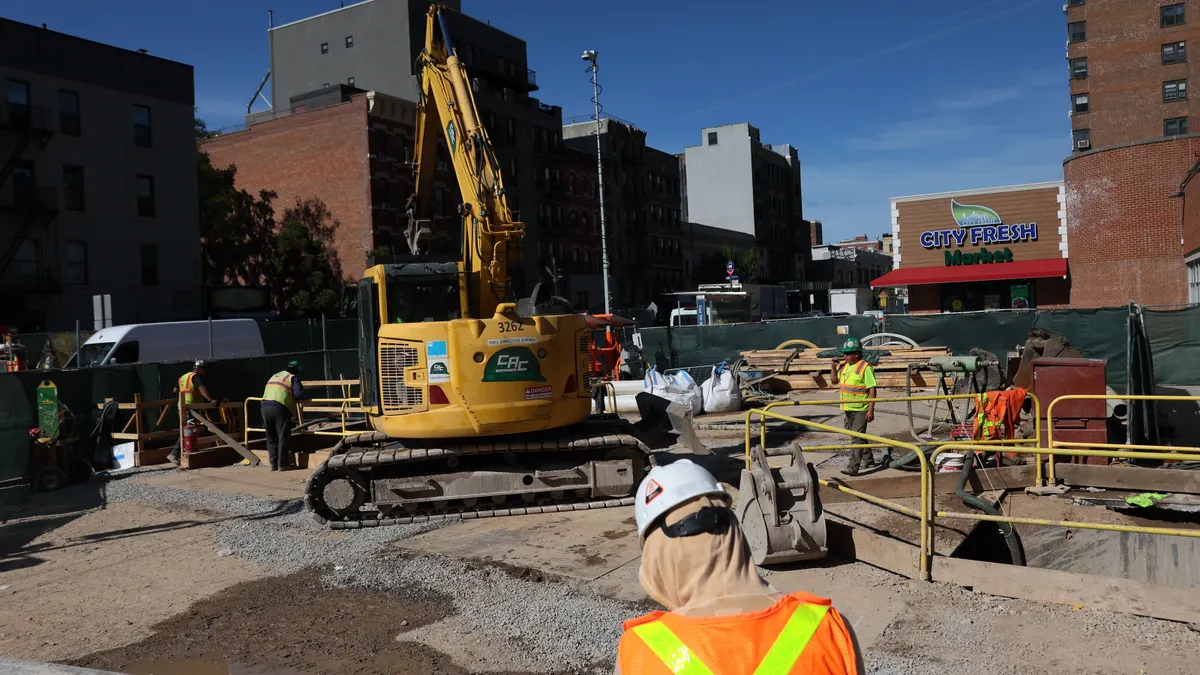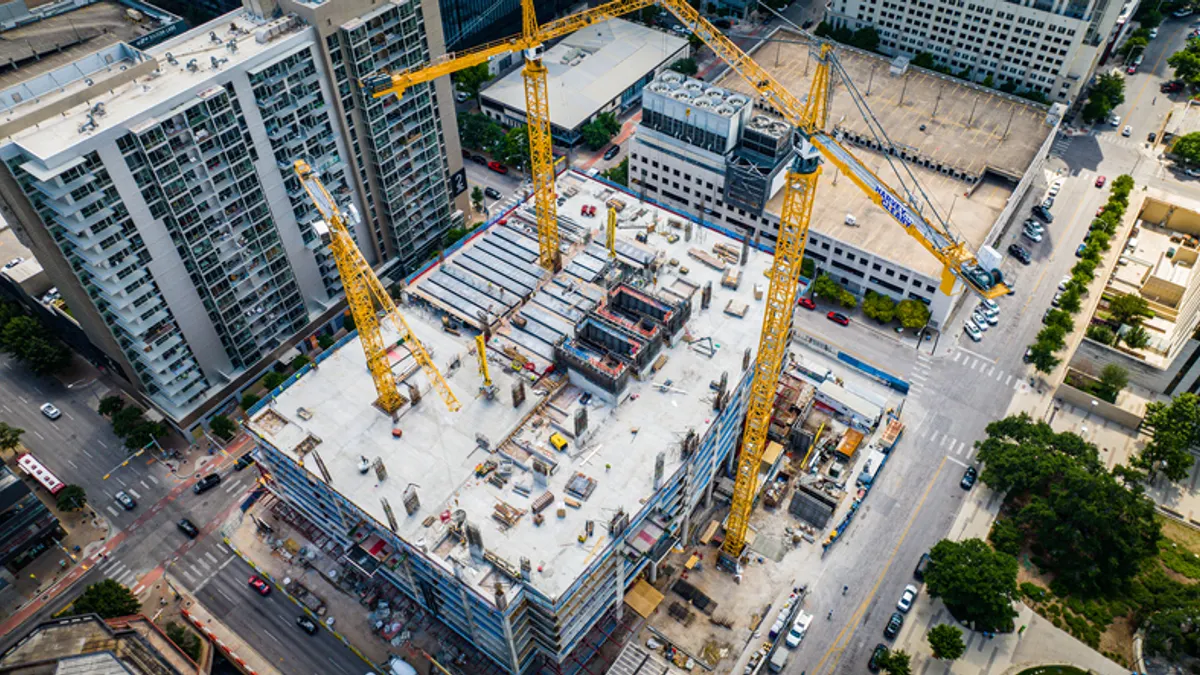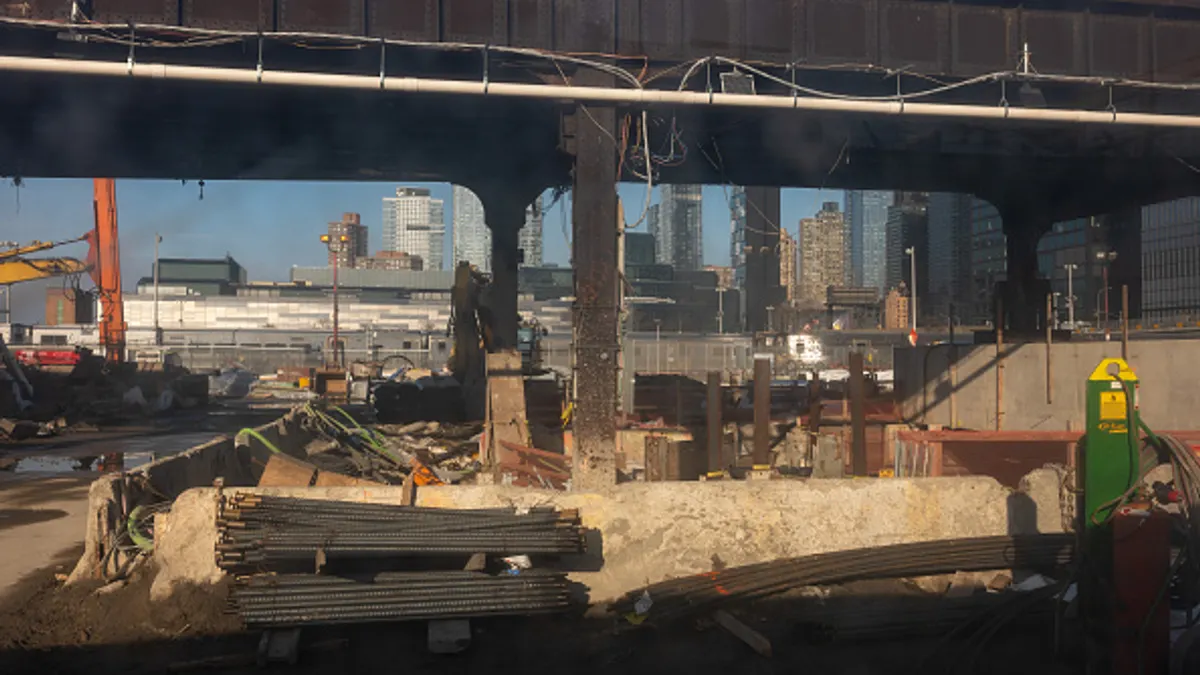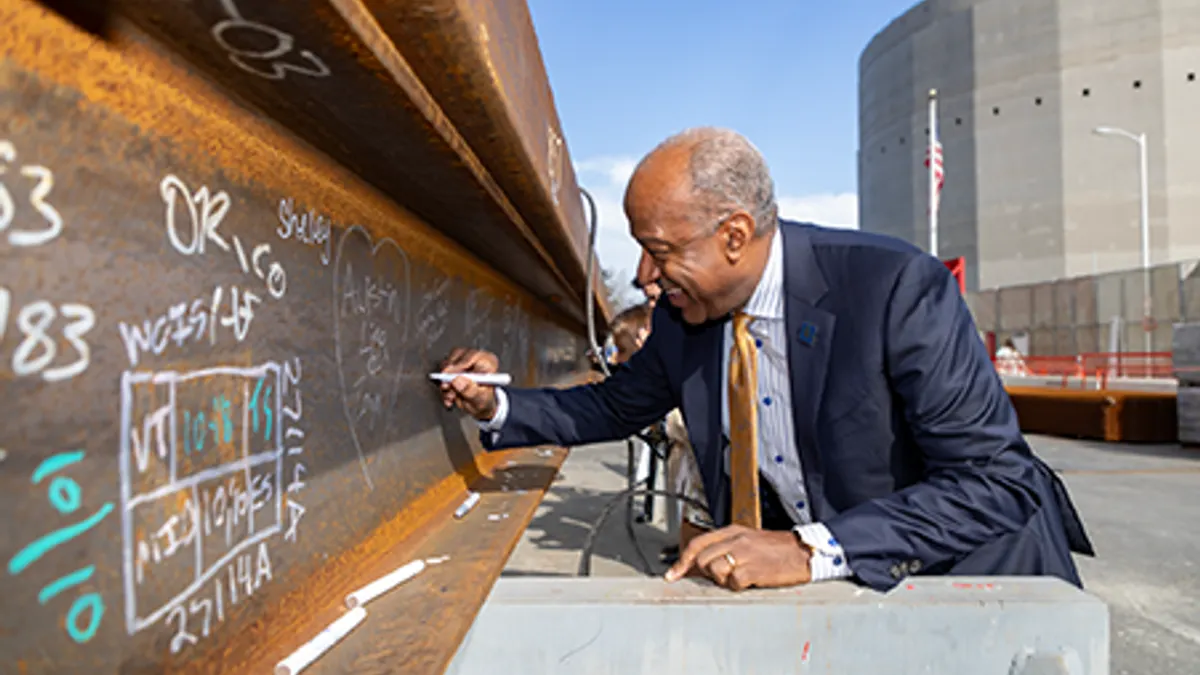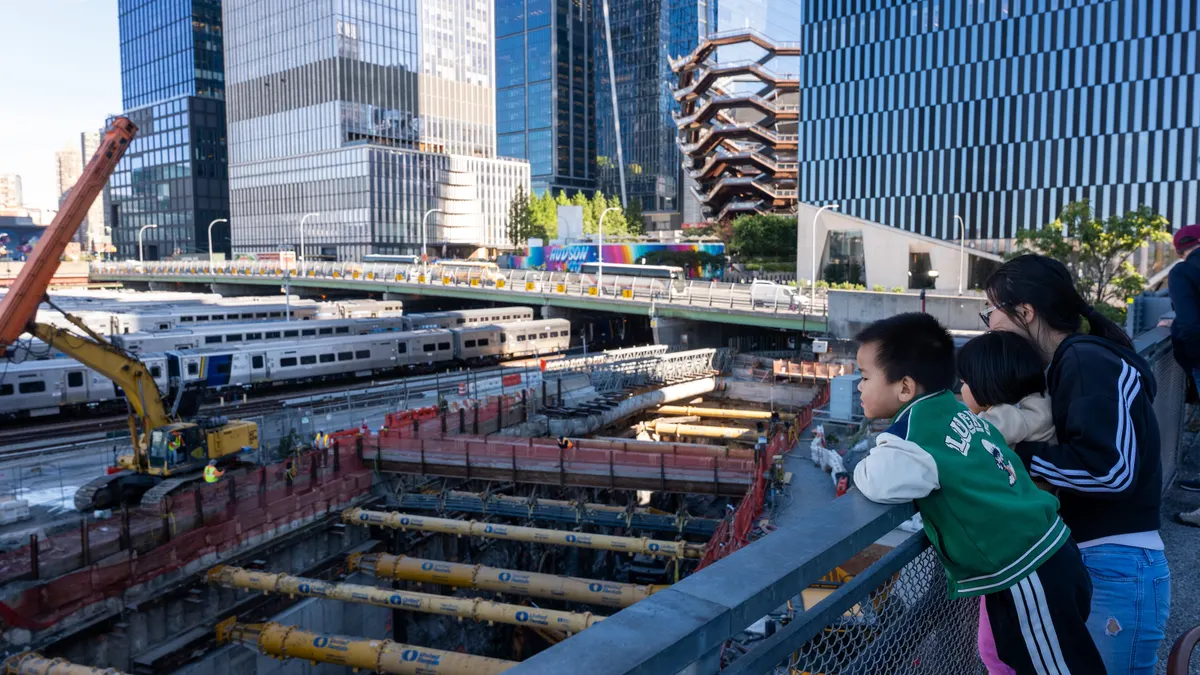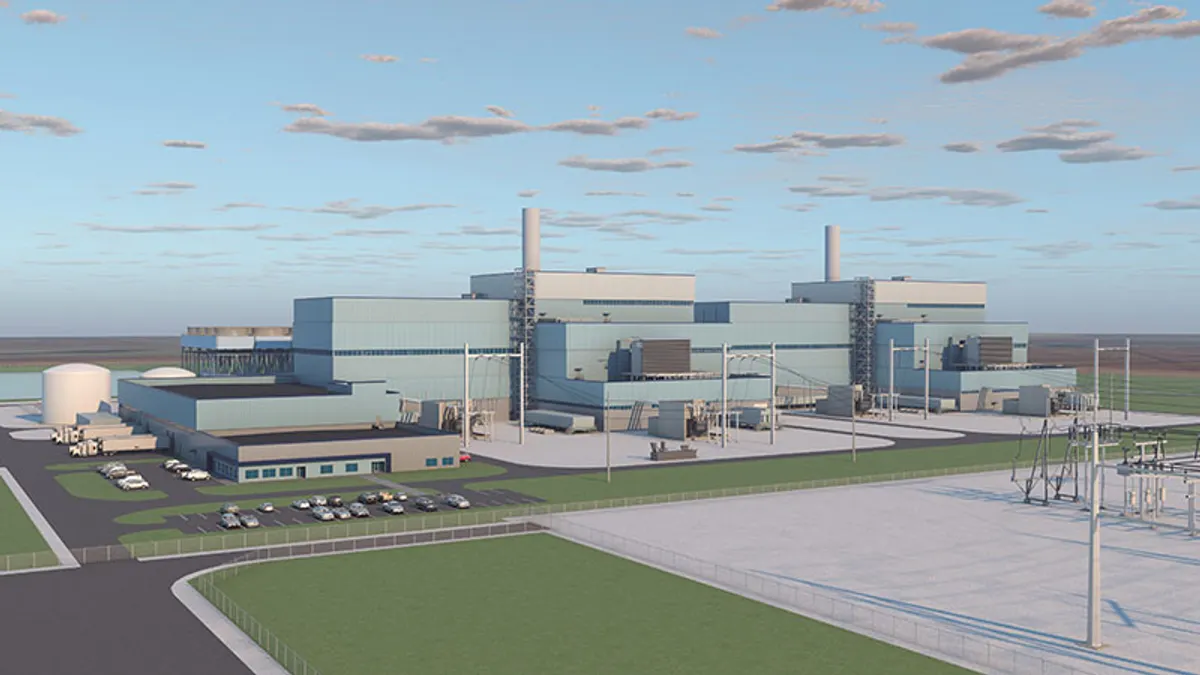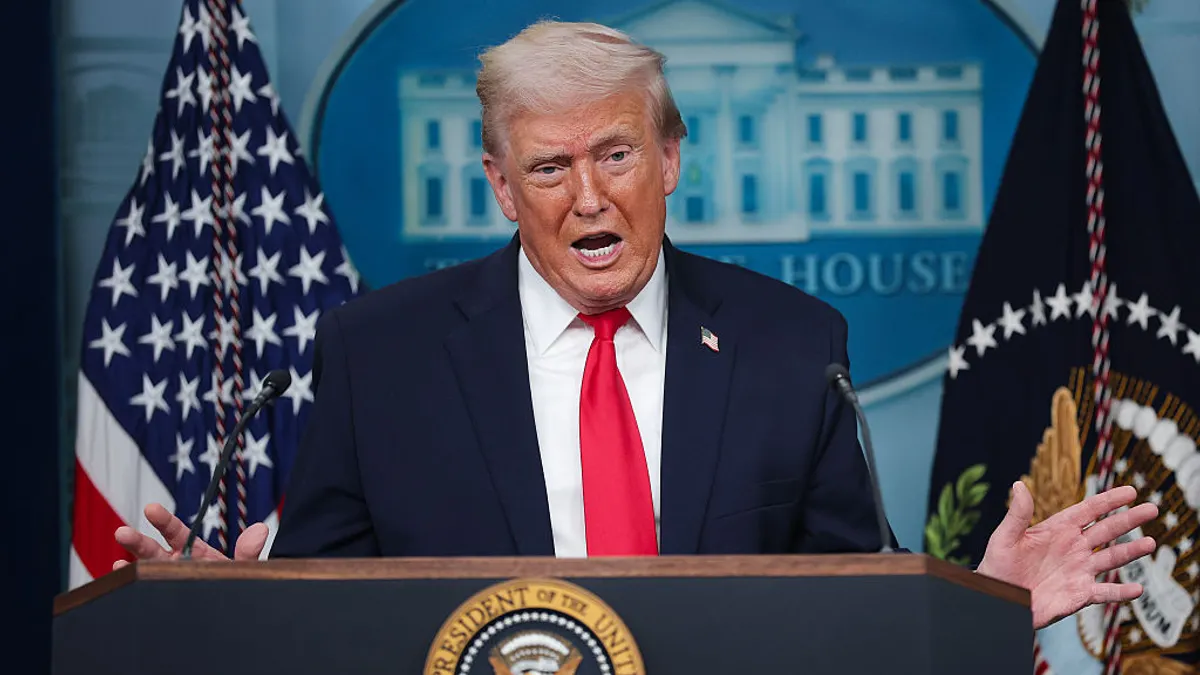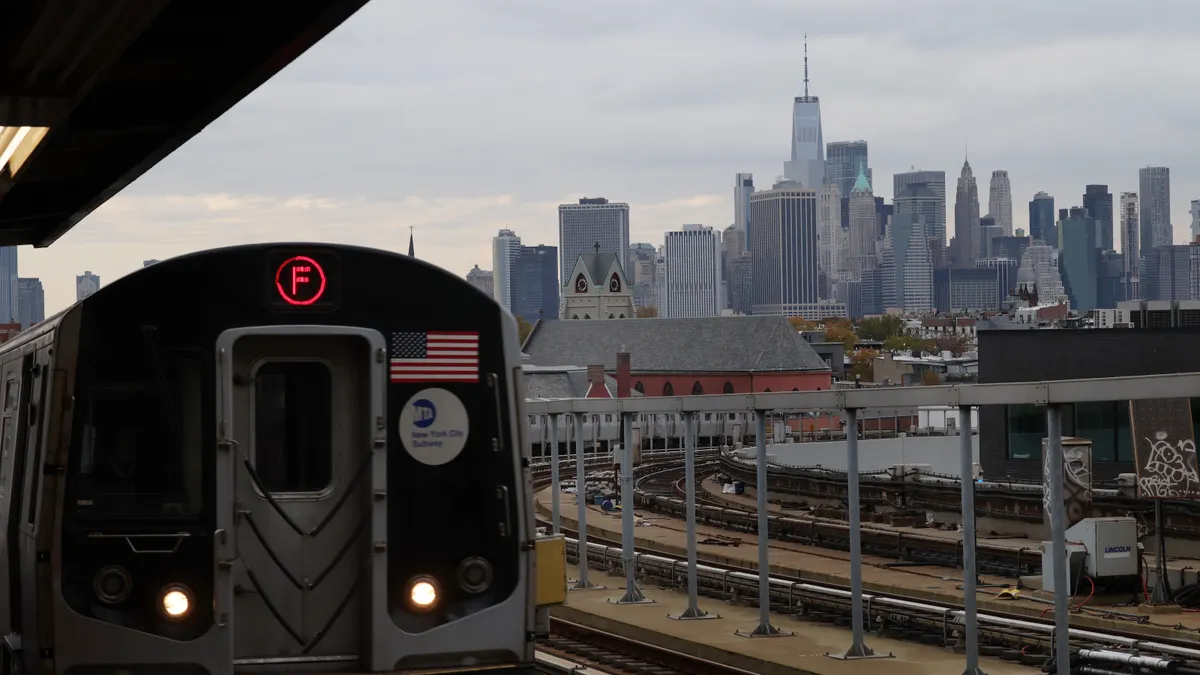Contractors on two of New York City’s largest infrastructure projects will keep digging, but they might glance over their shoulders toward Washington.
A pair of the Big Apple’s infrastructure darlings, the Gateway Program and the next phase of the Second Avenue subway, suddenly hang in political crossfire. The Trump administration froze nearly $18 billion in federal funding for both projects last week, according to a statement from the U.S. Department of Transportation.
The DOT said it has launched an administrative review of how the Metropolitan Transportation Authority and the Gateway Development Commission apply race- and sex-based contracting requirements under the federal Disadvantaged Business Enterprise program. Until that review concludes, project reimbursements, including a $300 million disbursement for the Second Avenue subway, will remain on hold.
In the statement, the department said it aims to ensure taxpayer dollars are not subsidizing infrastructure contracts based on discriminatory principles. It also contended the shutdown of the federal government has forced furloughs for the civil-rights staff conducting the review, which will delay completion of the process.
Projects remain in motion, for now
Despite the turmoil in Washington, project leaders on the ground say the pause has not yet disrupted field operations. Thomas Prendergast, CEO of the Gateway Development Commission, confirmed the funding freeze but emphasized project continuity, according to an Oct. 1 statement.
Tutor Perini, the Los Angeles-based contractor on the site, will not change its current daily operations or planning, according to Jorge Casado, senior vice president of investor relations.
“We do not anticipate any significant impact on our work on the Manhattan Tunnel project, a component of the Gateway Tunnel project,” Casado told Construction Dive. “Because we do not anticipate any significant impact, we are currently not making any special adjustments to schedules or our workforce.”
Casado added the construction company maintains an “excellent working relationship” with the Gateway Development Commission and remains focused on compliance and progress. In other words, current work has not slowed, he said.
Predictability fizzles
But few things unsettle the construction industry more than uncertainty. The prospect of federal funding pauses, even a temporary one, sends a bad message to an industry that relies on long-term planning, said Carlo Scissura, president and CEO of the New York Building Congress, a building industry advocacy group.
“This is an industry that likes stability,” Scissura told Construction Dive. “When [contractors] feel like, at any given time, government could do something like this, that’s where the worry comes in because you have to remember, this industry has to plan out ordering materials, hiring staff workers, getting people trained to do certain jobs. So, it takes time and stability becomes critical.”
So far, Scissura said there has been no direct hit to jobsites or project schedules. Work on both the Gateway project and Second Avenue subway will move forward in the short term, he said.
“Right now, there’s really no effect,” Scissura told Construction Dive. “The work continues, there are people on the job today.”
But if the freeze lingers, the effects could widen.
“The real question is down the road,” he said. “In a few weeks, if things haven’t moved and the federal government hasn’t released the pause, then we may have questions.”
Other projects
Scissura added that other high-profile infrastructure projects in New York City remain full steam ahead.
“The airport work at Kennedy is continuing. The planning for the Port Authority Bus Terminal is continuing. Amtrak is going to issue an RFP for renovating Penn Station within a month or so,” Scissura told Construction Dive. “Really, the only two megaprojects that the government is looking at today are these two: Gateway and Second Avenue.”
Nevertheless, at the national level, the Associated General Contractors of America warned the move underscores how precarious large federal projects can be.
“This is just another reminder of the many challenges contractors and transportation officials have to overcome when attempting major, vital new infrastructure projects,” said Brian Turmail, AGC vice president of public affairs and workforce. “It is a reminder of the need to reduce the many layers of regulatory and permitting reviews, and the amount of time and resources required, to build a project virtually everyone agrees is absolutely necessary to the local, regional and national economy.”
Turmail said while work is continuing now, the financial risk to contractors going forward hinges on how long the government shutdown and review process last.
“Most federal construction projects are already funded and work should be proceeding,” Turmail told Construction Dive. “But the longer the shutdown lasts, the longer contractors will have to wait for change orders to be improved, inspections to be completed and next phases of work approved.”



